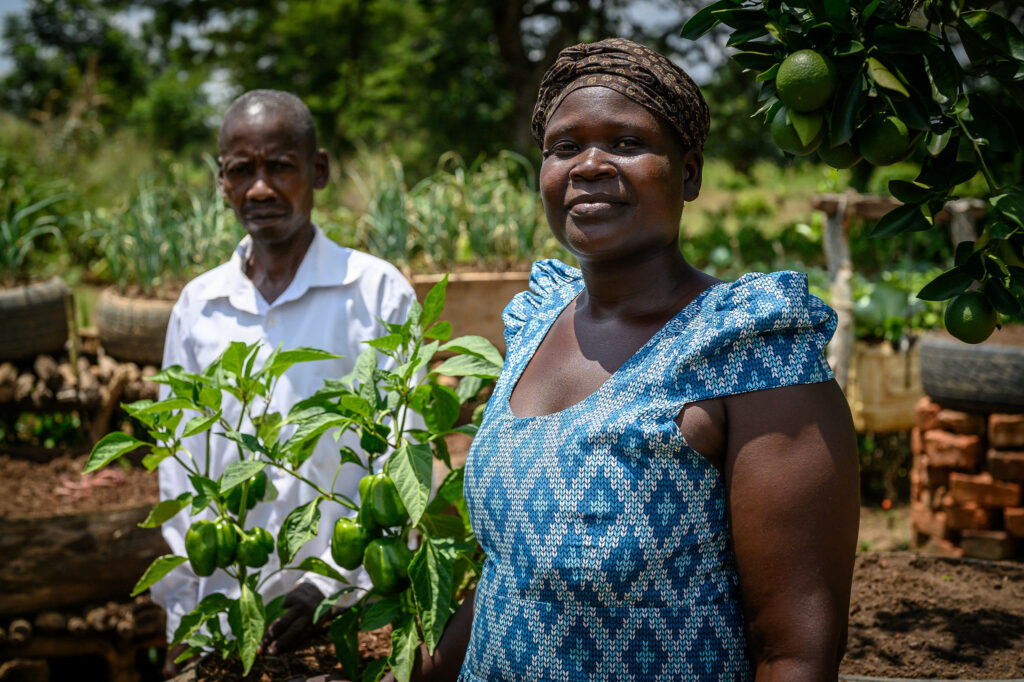The overriding challenge in fragile and conflict-affected countries is restoring trust and social cohesion. This is what Cordaid does, right in the heart of communities, by mobilizing global networks, resources and knowledge. By doing this, we help people move beyond survival and live in dignity.

Half of the world’s poor people live in countries that are affected by fragility, conflict, and violence. This is a critical development challenge. Conflicts drive 80% of all humanitarian needs. They force people to seek safer grounds.
Currently, more than 70 million people are forcibly displaced. Many of them die in an attempt to seek safer grounds and to enjoy minimal levels of peace, security, and prosperity.
Cordaid does not accept this world of inequality, exclusion, and unsustainability. We envisage a world where the basics of a life in dignity are available to all. Where the poorest and the most excluded people can influence the decisions that affect them. Where each person is free to flourish and live in peace.
Working in and on fragility
Cordaid is the Catholic Organisation for Relief and Development Aid. Inspired by compassion, solidarity, subsidiarity and the values of the gospel, we see it as our mission to reduce fragility and the vulnerability of people where it is most needed and most difficult: in fragile and conflict-affected societies.
Pope Francis’ encyclical Laudato si’ is a source of inspiration as it calls for collective action on social justice and care for our common home.
We focus our efforts on some of the world’s most conflict-torn and volatile areas in countries like South Sudan, Afghanistan, the Central African Republic and the Democratic Republic of Congo. We do this by promoting equality and social inclusion, by increasing the resilience of people and societies and by strengthening the social contract between citizens and their governments.
In the Netherlands, we actively participate in the public dialogue on the plight of forced migrants and refugees both in Europe and in the countries in which we work.
Wherever we can, we combine lifesaving humanitarian aid with the longer-term improvement of health and education systems, economic opportunities and disaster resilience, and the promotion of security and justice.
This report provides insights into the results we achieved in each of these fields in 2019.